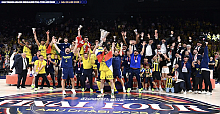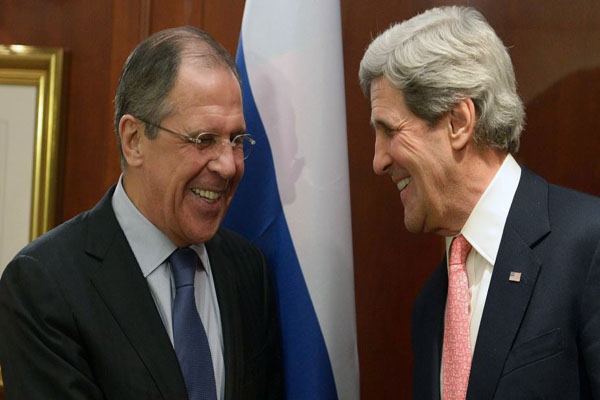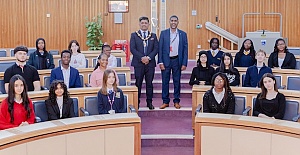Just hours after US President Barack Obama called on the UN Security Council to adopt a resolution to enforce a US-Russian plan that aims to eliminate Syria’s chemical weapons stockpiles, it appears that the US and Russia, both Security Council members, are deadlocked over how to proceed. Speaking at the General Assembly Tuesday, Mr Obama said, “The Syrian government took a first step by giving an accounting of its stockpiles. Now, there must be a strong Security Council resolution to verify that the Assad regime is keeping its commitments, and there must be consequences if they fail to do so.” Speaking after meeting with his American counterparts, Russian Deputy Foreign Minister Sergei Ryabkov said, “Regrettably, I have to admit that our contacts with Americans are not very smooth and, generally speaking, are not moving in the direction in which they should be moving today.”
Despite Obama squarely placing the blame for the chemical attack on the Syrian government, Russian officials continue to maintain that the large-scale attack could have been the work of rebel groups.
“Even though they agreed to a compromise on chemical weapons, US representatives keep insisting that the Syrian regime, as they call it, is responsible. Without presenting any irrefutable evidence, they are saying all the time that the plans to ‘punish’ Damascus, even through military intervention, remain in force,” said Ryabkov.
Thus far, Russia has vetoed three Security Council resolutions that would have placed the blame for the on-going violence on Syrian President Bashar al-Asad.
Another key hurdle to the development of a resolution is whether or not Chapter 7 of the UN Charter would be enacted if Syria fails to comply with the US-Russian-brokered chemical weapon plan. Chapter 7 allows the Security Council to take action, either military or non-military, to “maintain or restore international peace and security.”
For its part, Russia appears adamant that such language not be included in any resolution.
US Secretary of State John Kerry and Russian Foreign Minister Sergei Lavrov met for approximately ninety minutes Tuesday to hash out their differences. The American side described the meeting as substantive and productive. No word was given, however, as to whether or not the two sides had reached an agreement on an enforcement mechanism for the resolution.


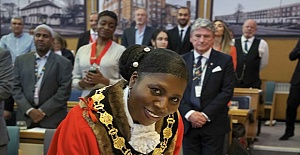 Margaret Greer has been sworn in as the new Mayor of Enfield
Margaret Greer has been sworn in as the new Mayor of Enfield Prime Minister Keir Starmer's 2025 Easter message
Prime Minister Keir Starmer's 2025 Easter message After Nesil Caliskan a by-election will be held in Jubilee ward in Enfield
After Nesil Caliskan a by-election will be held in Jubilee ward in Enfield Publishing the analysis, Labour’s Cllr Ergin Erbil said Everybody in Enfield deserves basic rights
Publishing the analysis, Labour’s Cllr Ergin Erbil said Everybody in Enfield deserves basic rights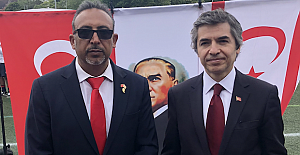 Great respect for Ataturk and enthusiastic youth celebration in England
Great respect for Ataturk and enthusiastic youth celebration in England UK AMBASSADOR TO TURKEY VISITS FETHIYE
UK AMBASSADOR TO TURKEY VISITS FETHIYE Journalists from Europe held the Turkish Media Workshop in Skopje
Journalists from Europe held the Turkish Media Workshop in Skopje The European Union called on Turkey to uphold democratic values
The European Union called on Turkey to uphold democratic values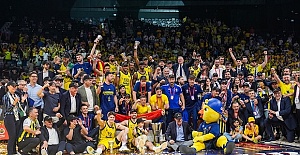 Fenerbahce is the EuroLeague champion
Fenerbahce is the EuroLeague champion Brennan Johnson’s first-half strike seals London side’s win
Brennan Johnson’s first-half strike seals London side’s win The 'Prince of Paris' has impressed in his first EuroLeague season
The 'Prince of Paris' has impressed in his first EuroLeague season Saran Media And Euroleague Basketball Extend Media Rights Partnership for Four More Years
Saran Media And Euroleague Basketball Extend Media Rights Partnership for Four More Years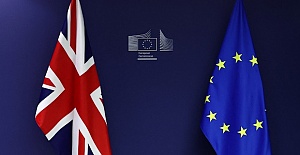 UK, EU reach landmark agreement on food, fishing ahead of London summit
UK, EU reach landmark agreement on food, fishing ahead of London summit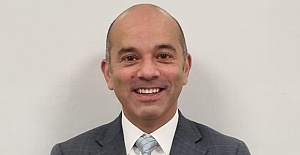 Perry Scott to become Enfield Council Chief Executive
Perry Scott to become Enfield Council Chief Executive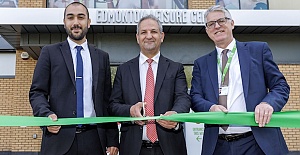 Residents welcomed back to Edmonton Leisure Centre
Residents welcomed back to Edmonton Leisure Centre Barclays has become the biggest UK lender so far to cut mortgage rates
Barclays has become the biggest UK lender so far to cut mortgage rates

